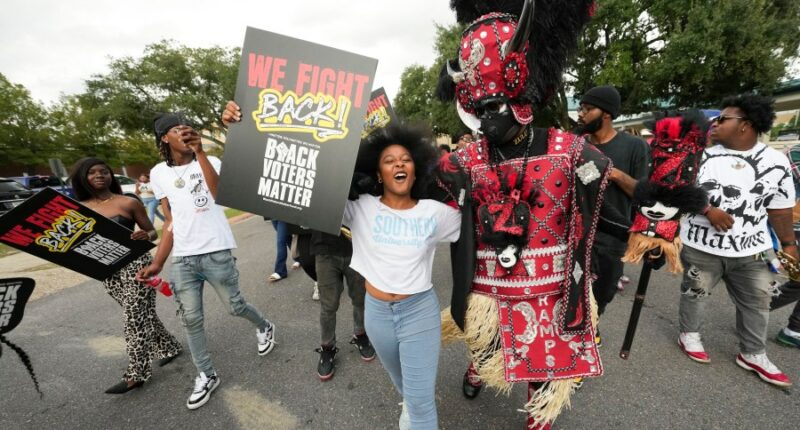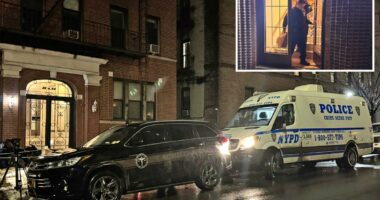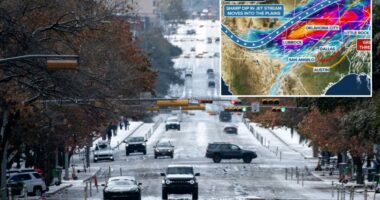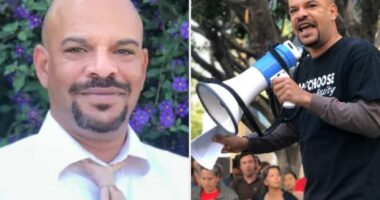Share this @internewscast.com

The U.S. Supreme Court will hear arguments Wednesday over a core provision of the Voting Rights Act that is designed to protect racial minorities.
Attorneys representing Louisiana and the Trump administration intend to urge the justices to eliminate Louisiana’s second majority-Black congressional district and make it significantly more challenging, if not impossible, to consider race during the redistricting process.
The current group of justices already affirmed Section 2 of the Voting Rights Act, its most crucial aspect, in a 2023 ruling that obligated Alabama to create an additional congressional district to support Black voters.
Now the conservative-led court is poised to rehear a similar case this time out of Louisiana that could modify or undo that decision.
The Latest:
The court is hearing the case for a second time
A second round arguments is rare at the Supreme Court and can presage a big change in the law.
The Supreme Court’s 2010 Citizens United decision, which allowed for unlimited independent spending in political campaigns, followed two rounds of arguments.
What to know:
1. What’s at stake? Section 2 is the main avenue for challenging discriminatory election practices. Its importance increased after the court’s 2013 decision to strike down another provision that required certain states with histories of discriminatory voting practices to obtain federal approval before changing election laws. Without Section 2, initiating redistricting lawsuits under the Voting Rights Act will be much more difficult, if not impossible.
2. What’s the argument? The plaintiffs assert that the Black-majority congressional district in Louisiana, designed to amend a previously biased map, is unconstitutional due to racial motivations and does not adhere to district-drawing standards, such as compactness.
3. What could the court decide? The outcomes are varied. The court could opt to send the case back to a lower court with instructions for a new map or declare that Section 2’s focus on racial factors conflicts with the 14th and 15th Amendments, putting several congressional districts created under Section 2 at risk.
Arguments will go well beyond the allotted hour
Since returning to the courtroom following the Covid-19 pandemic, the justices have routinely gone beyond the time set aside for arguments.
With questions for four lawyers, the session could even stretch into early afternoon. Arguments will begin shortly after 10 a.m., Eastern time.
Bessent says the shutdown is costing the economy $15B per day
Treasury Secretary Scott Bessent made the comment at the CNBC Invest in America Forum on Wednesday morning.
“The only thing slowing us down here is the shutdown,” he said.
Ruling for Louisiana could affect wider re-districting fight
The outcome of the case could have ramifications for an ongoing battle on congressional redistricting that’s already playing out across the nation, starting after Trump urged Texas and other GOP-controlled states to redraw the districts so the party could keep control of the House.
If the court sides with Louisiana, more than a dozen districts could be re-drawn in a way that could benefit Republicans, the Democratically aligned voting-rights groups Fair Fight Action and Black Voters Matter have estimated.
The court is expected to make its decision by June, which could lead some states to speedily redraw districts before the midterm elections.

















